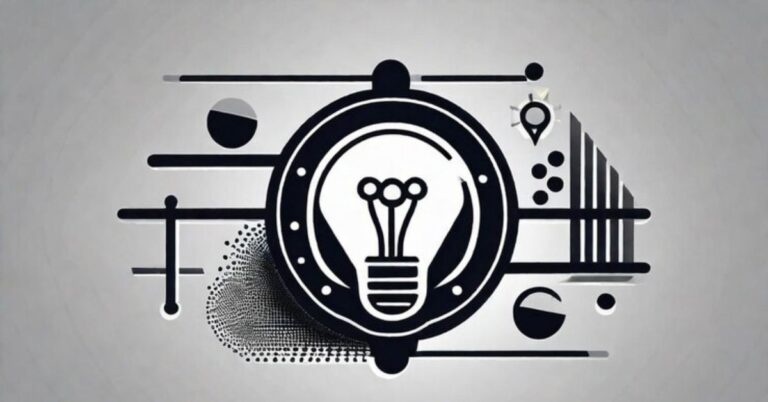Debt Consolidation Loans: Are They the Key to Financial Freedom?

Managing multiple debts can feel overwhelming and exhausting. If you’re juggling various credit card balances, personal loans, or medical bills, keeping track of payments and interest rates can be a daily stressor. This leads many to ask a critical question: Is a debt consolidation loan the key to financial freedom?
While debt consolidation loans can offer relief and simplify your financial life, they are not a one-size-fits-all solution. This blog explores the role of debt consolidation loans in financial management, how they work, their pros and cons, and, most importantly, whether they are suitable for your circumstances.
Understanding Debt Consolidation Loans
To evaluate whether debt consolidation is right for you, it’s essential to understand what it entails.
A debt consolidation loan is a type of loan that consolidates multiple debts into one, allowing you to make a single monthly payment instead of several. These loans often come with fixed interest rates, which means you can potentially save money on interest over the long term.
How Debt Consolidation Loans Work
- Application: You apply for a loan with enough value to cover all your existing debts.
- Paying Off Existing Debts: Once approved, the loan provider pays off your creditors, essentially merging your debts into one account.
- Single Monthly Payment: Finally, you’ll make one simplified monthly payment to your new loan provider, often at a lower interest rate than your previous debts.
Debt consolidation may seem like a convenient solution, but there’s more to consider before jumping in.
The Good and the Not-So-Good
The Benefits of Debt Consolidation Loans
Debt consolidation loans can be a strategic way to take control of your finances. Here’s why they appeal to so many:
- Simplified Payments
Instead of multiple payment due dates, amounts, and terms, you’ll have one fixed monthly payment to focus on. This reduces the chance of missing a payment and incurring penalties.
- Lower Interest Rates
Credit cards often carry high interest rates that increase the cost of borrowing. A debt consolidation loan can reduce your overall interest rate, saving you money in the long term.
- Improved Credit Score
Successfully paying off your other debts with a consolidation loan could boost your credit score over time, as it reduces your credit utilization ratio.
- Financial Clarity
Consolidating your debts provides a clearer picture of your finances. Having fewer payments to manage helps you better organize your budget and feel more in control of your money.
The Drawbacks of Debt Consolidation Loans
While the advantages are appealing, consolidation loans also come with risks. Here are some pitfalls to watch out for:
- Not a Magic Cure
While debt consolidation helps simplify payments, it doesn’t reduce the total amount you owe unless your interest rates are significantly lower. It’s not a replacement for mindful financial habits.
- Fees and Costs
Some loans come with application fees, origination fees, or penalties for late payments. These extra costs can outweigh the potential savings if you’re not careful.
- Risk of Overspending
A consolidation loan may free up your credit cards, which can tempt you to overspend and accrue more debt, putting you back at square one.
- Eligibility and Terms
Debt consolidation loans often have strict eligibility requirements, including a good credit score. If you don’t qualify for favorable terms, the consolidation might not be worth it.
When Should You Get a Debt Consolidation Loan?
Debt consolidation loans can be game-changers in the right circumstances. However, they are most effective under the following conditions:
When You Have High-Interest Debt
If your current debt carries high-interest rates (e.g., credit card balances), a consolidation loan with a lower rate can save you a significant amount of money.
When You’re Struggling to Keep Track of Payments
If the chaos of juggling multiple debt payments is overwhelming, consolidating them into one single payment can reduce your stress and help you avoid missed payments.
When You Have a Solid Financial Plan
If you’re committed to improving your financial habits and not accumulating new debt after consolidation, a debt consolidation loan can provide the structure you need to succeed.
Real-Life Example of Debt Consolidation
Meet Sarah. Sarah was managing five different credit card balances, each with interest rates ranging from 18% to 26%. Each month, she scrambled to pay the minimum balances on time, but the interest made it feel impossible to catch up.
After researching her options, Sarah decided to apply for a debt consolidation loan. She qualified for a loan at an 8% fixed rate, which she used to pay off her credit cards. Now, Sarah makes just one payment every month. With her lower interest rate, she’s saving over $1,000 annually while steadily paying down her debt.
Debt consolidation didn’t eliminate all of Sarah’s financial challenges, but it gave her a manageable way to tackle them.
Alternatives to Debt Consolidation Loans
If a debt consolidation loan doesn’t feel right for you, there are other options to explore:
- Debt Management Plans
With a nonprofit credit counseling agency, you may create a debt management plan to consolidate credit card debts into one monthly payment, often with reduced interest rates.
- Balance Transfer Credit Cards
A balance transfer card with a 0% introductory APR period can be a short-term solution to reduce interest and pay off debt quickly.
- Snowball or Avalanche Method
These are DIY repayment strategies:
- Snowball Method focuses on paying off the smallest debt first for quick wins.
- Avalanche Method prioritizes the highest-interest debt for maximum savings.
Both methods allow you to steadily chip away at your debts without taking out a new loan.
Is a Debt Consolidation Loan Right for You?
A smart, well-structured Debt Consolidation Loan may offer the clarity and control you need. By combining debts into a single monthly payment, you can reduce interest rates, simplify repayment, and regain financial momentum.
This strategy works best for those committed to budgeting and avoiding new debt. Before moving forward, assess your financial habits, review loan terms carefully, and consider speaking with an advisor.
If you’re ready to break free from juggling multiple payments, a Debt Consolidation Loan could be your first real step toward lasting financial stability.






